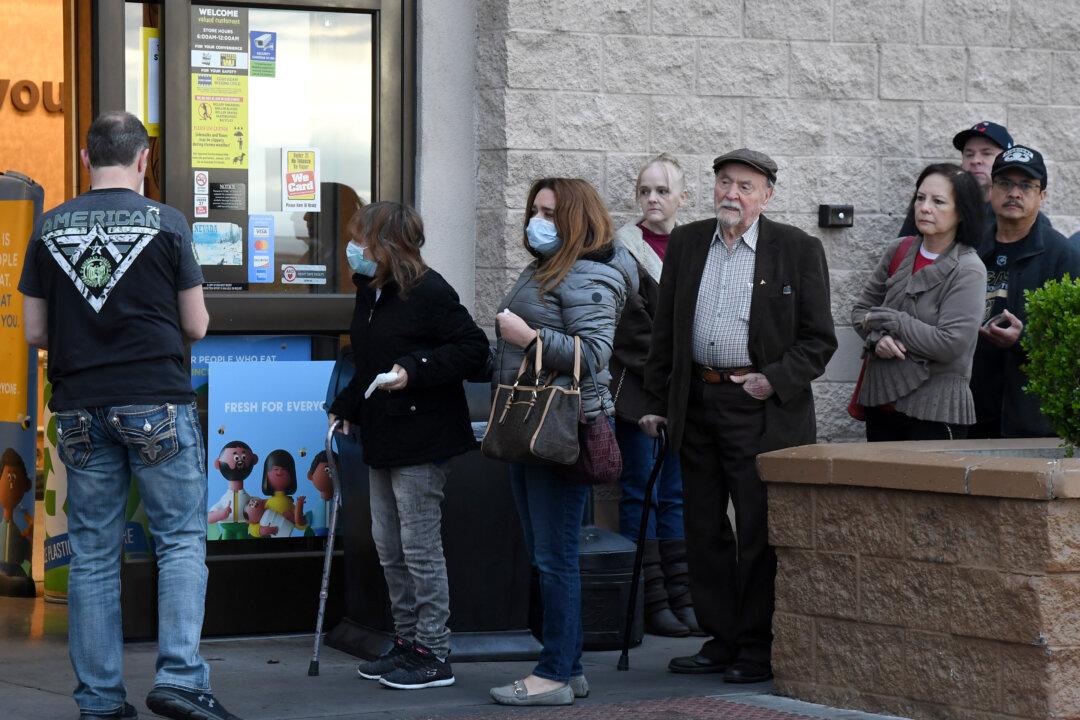Sheriff John Merchant of Brown County, Kansas, saw a man lose his life savings to a scammer three years ago, and since then he’s done his best to prevent that from happening to anyone else.
Right now, as shelter-in-place measures are adopted, most Americans are home, sitting in front of a computer and not far from their phones. Meanwhile, generosity, fear, and urgency abound.





